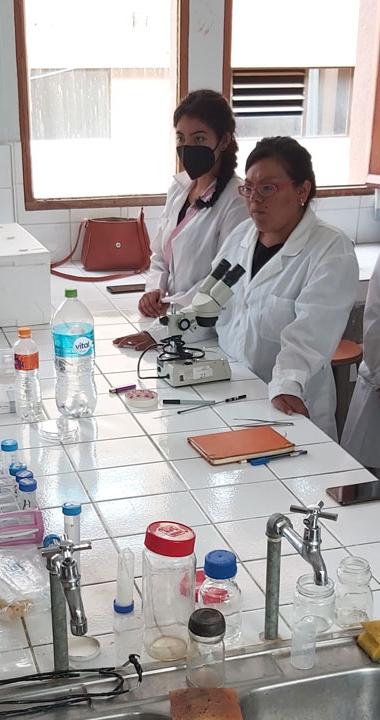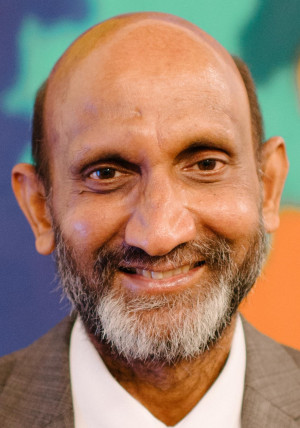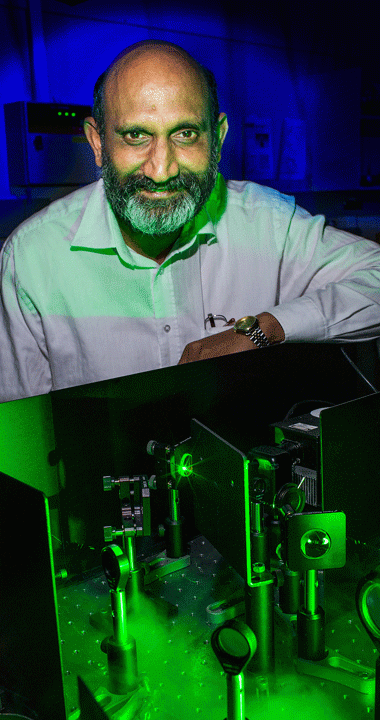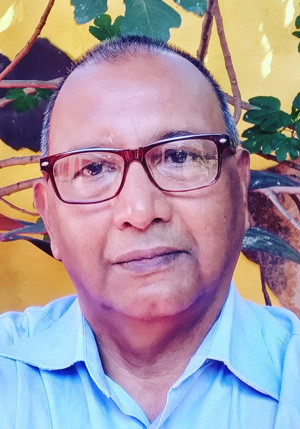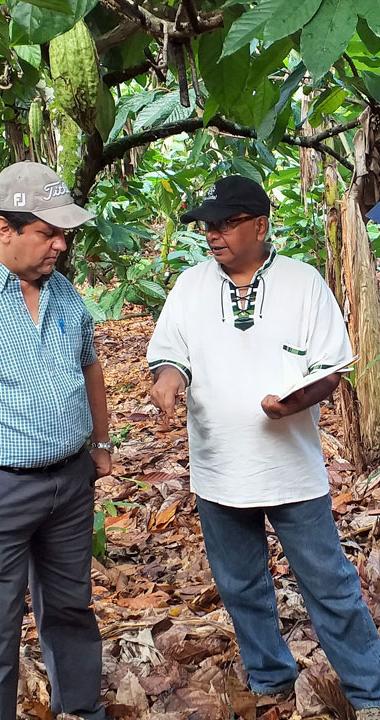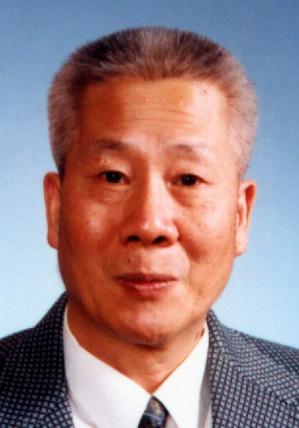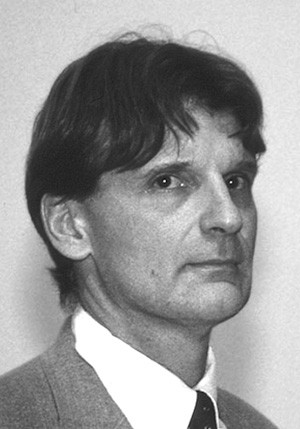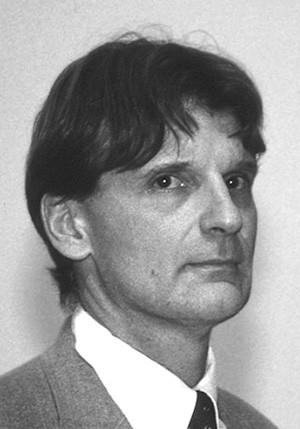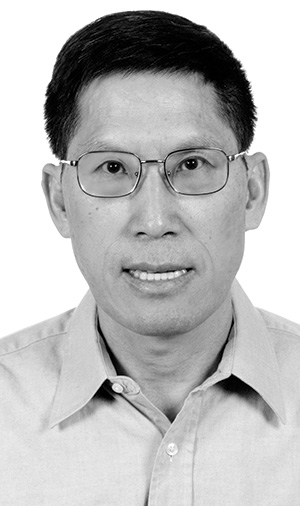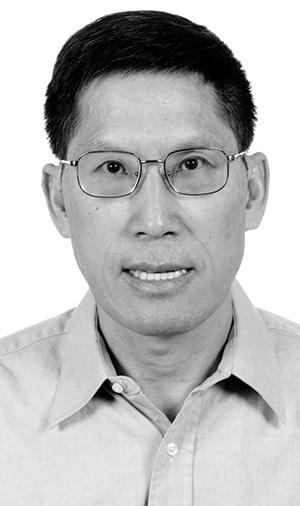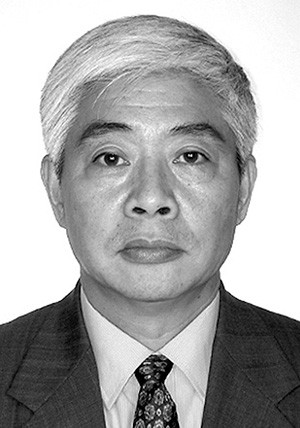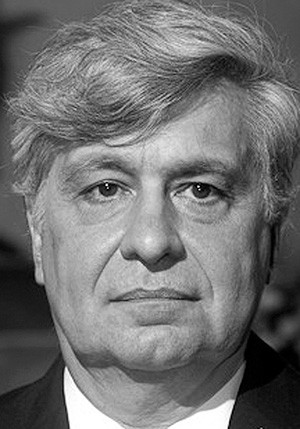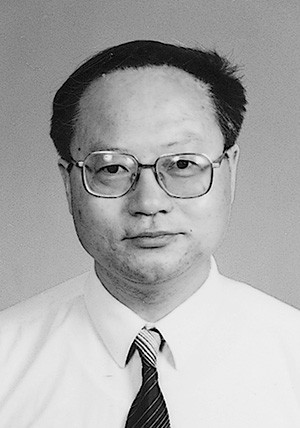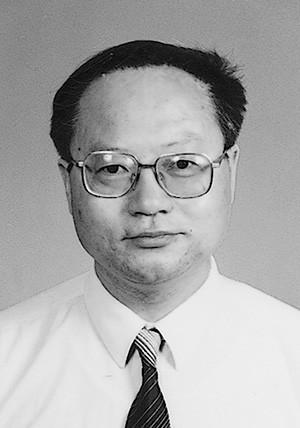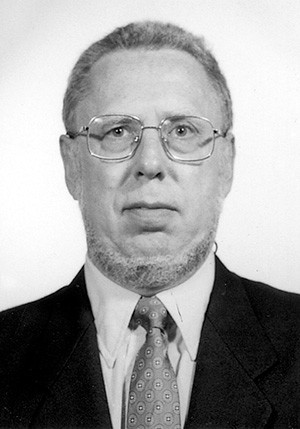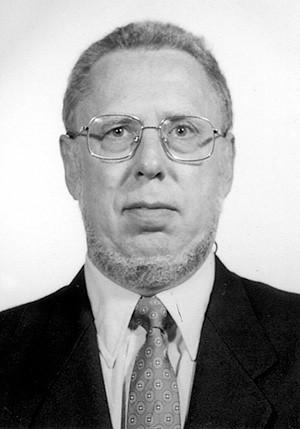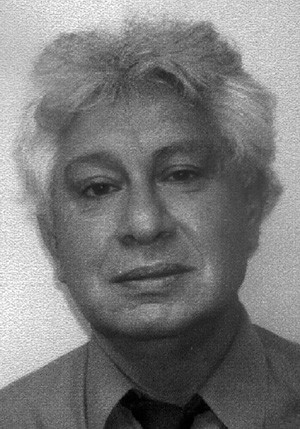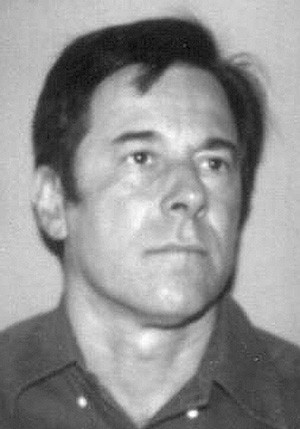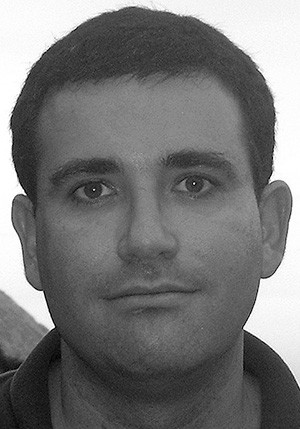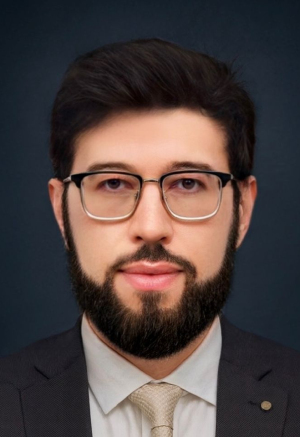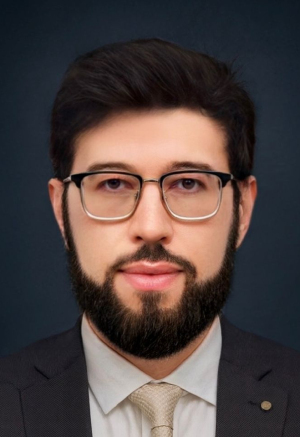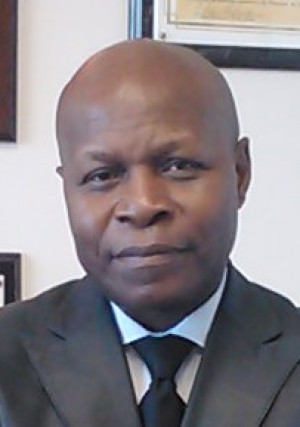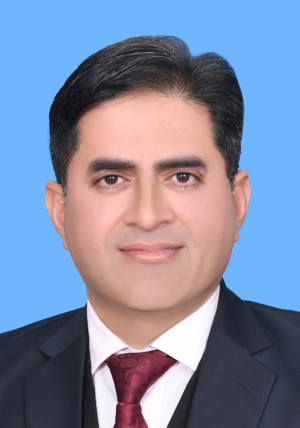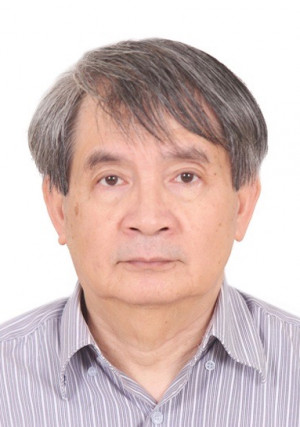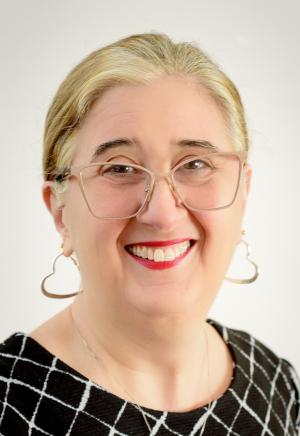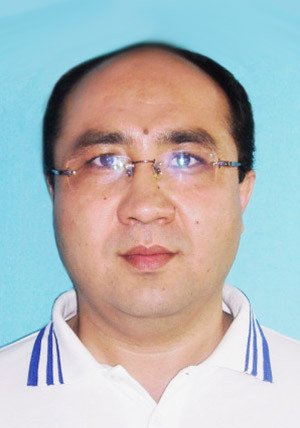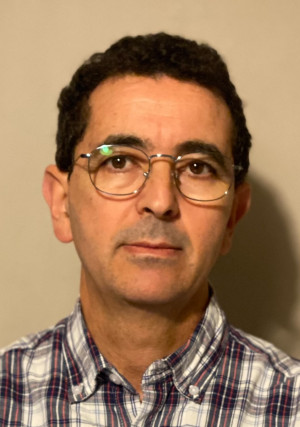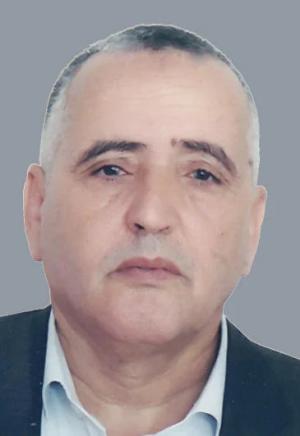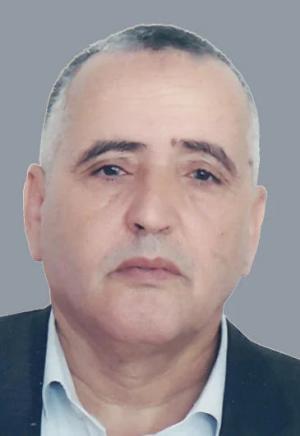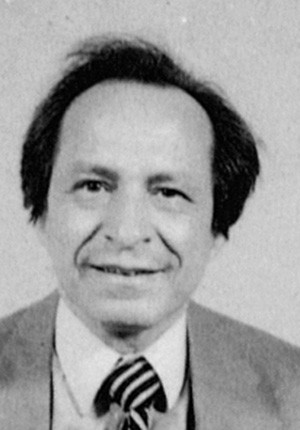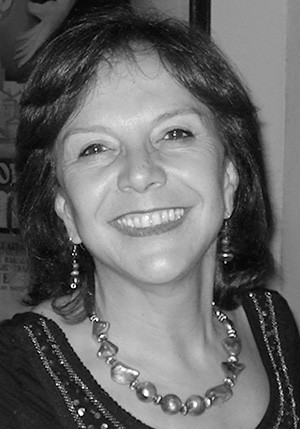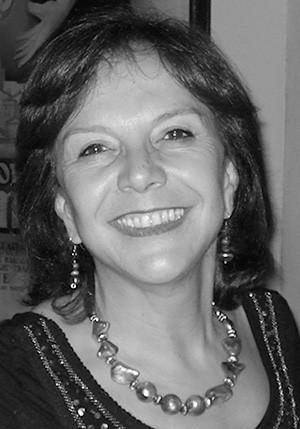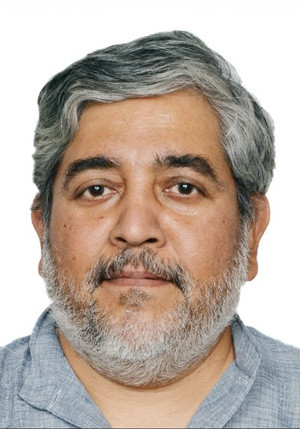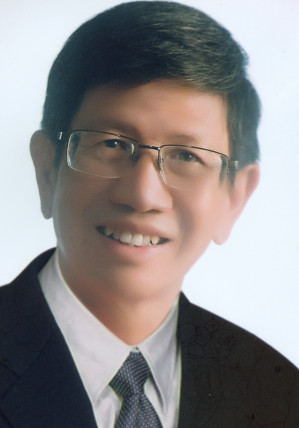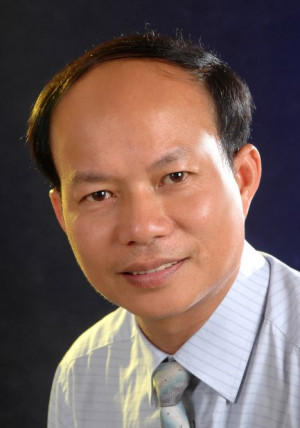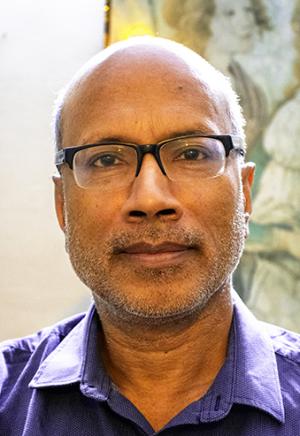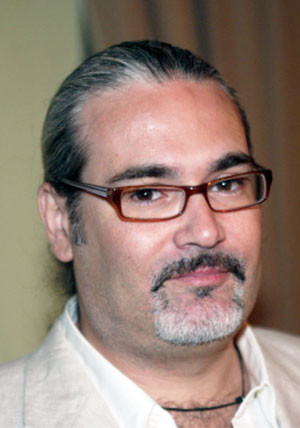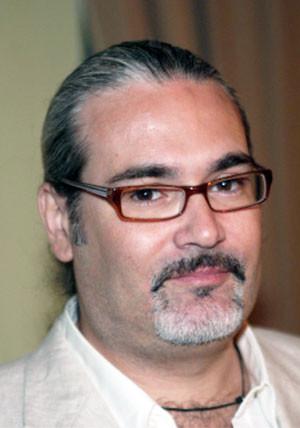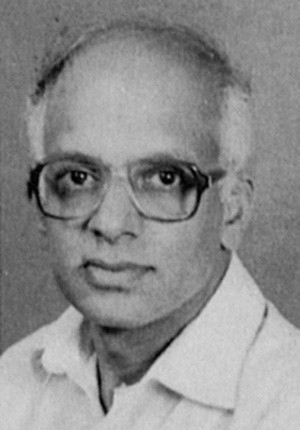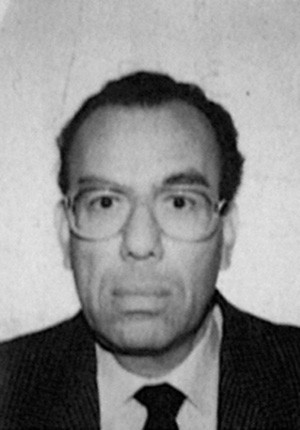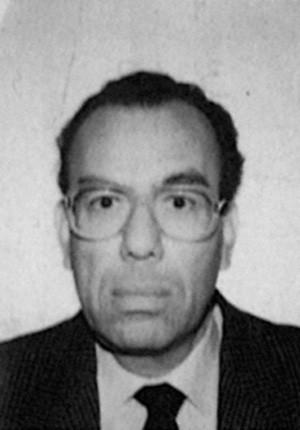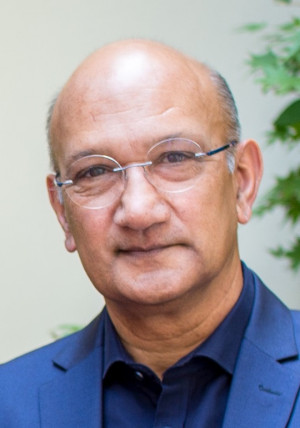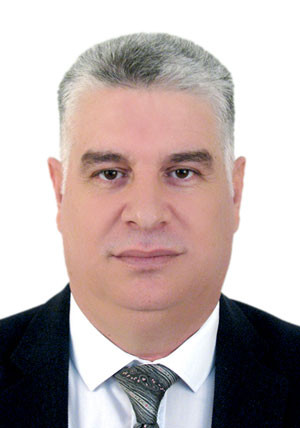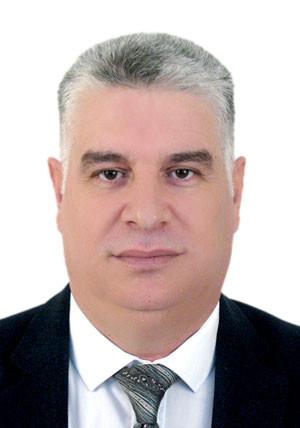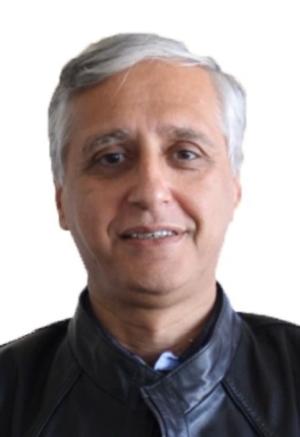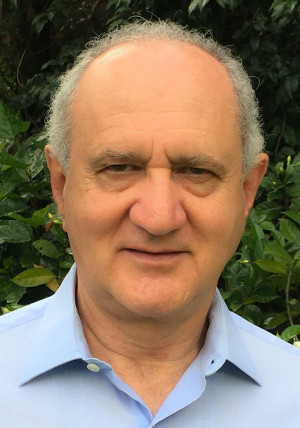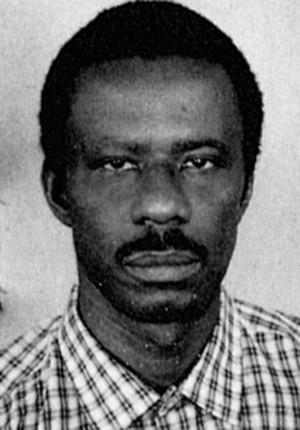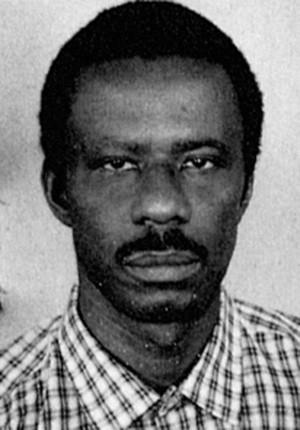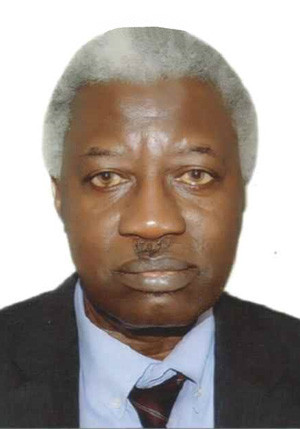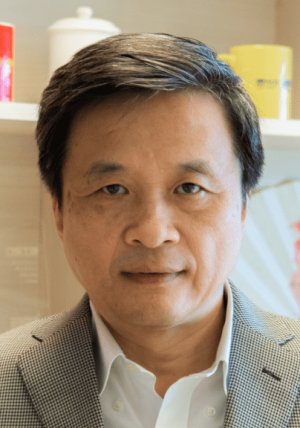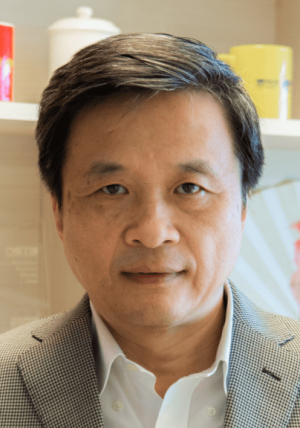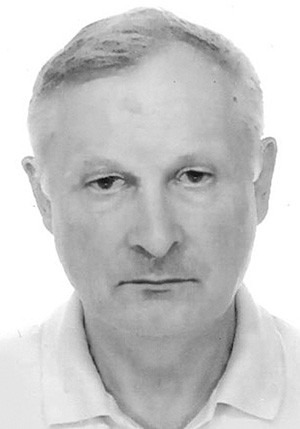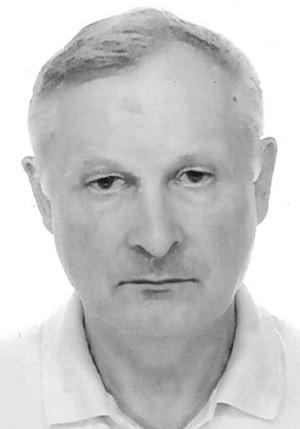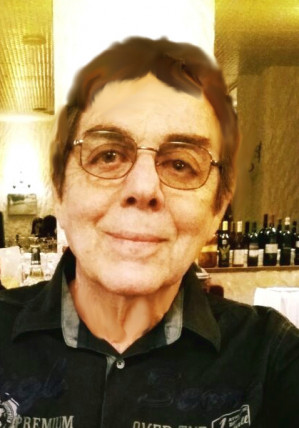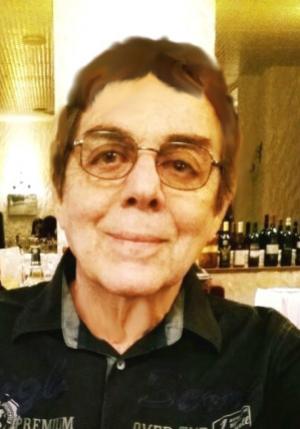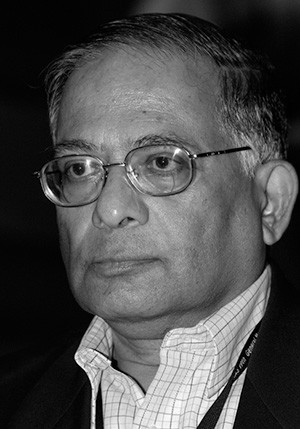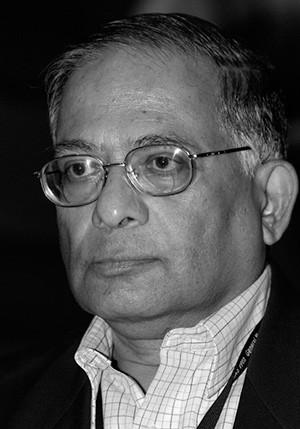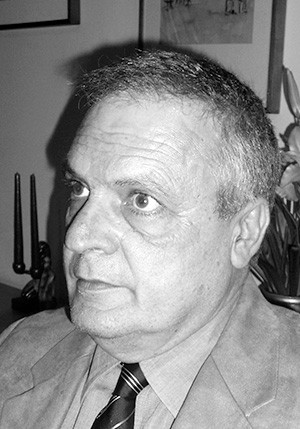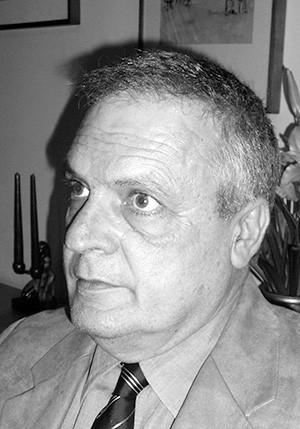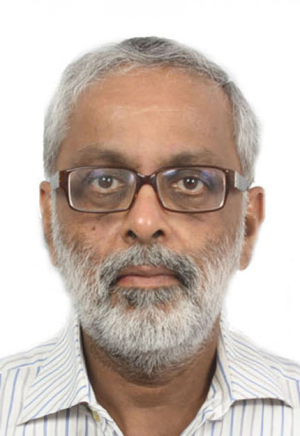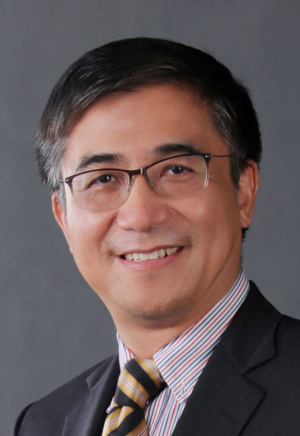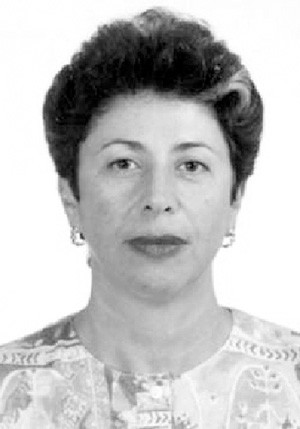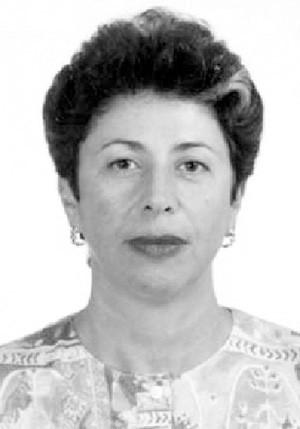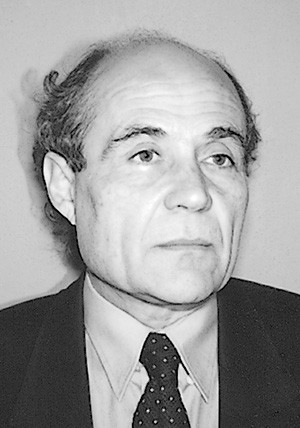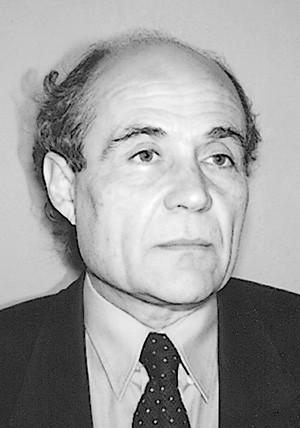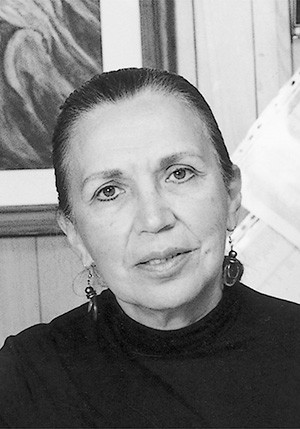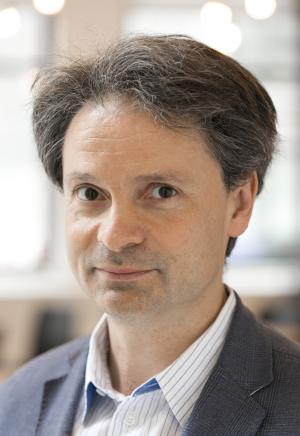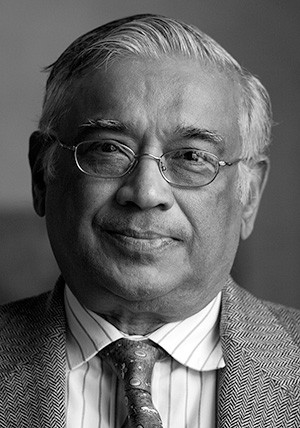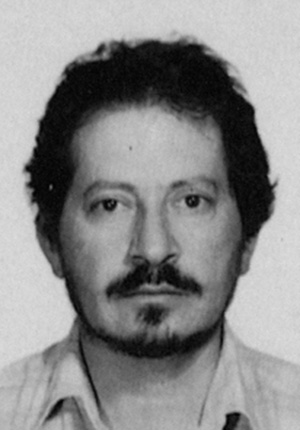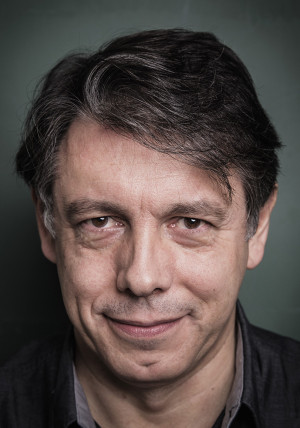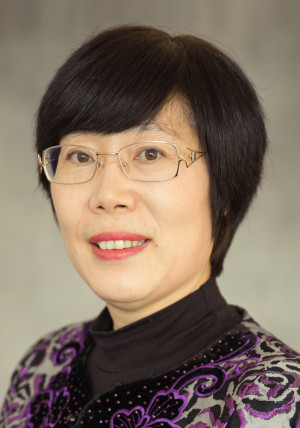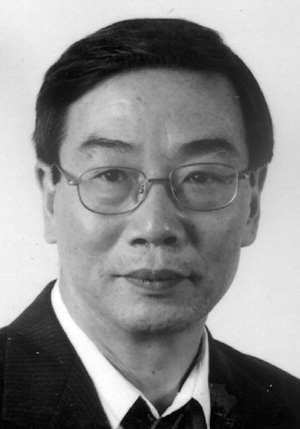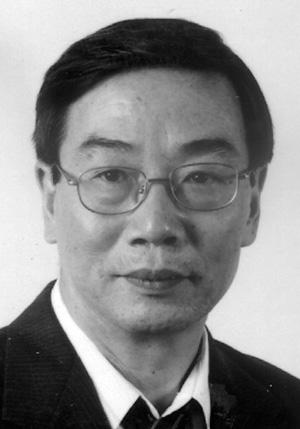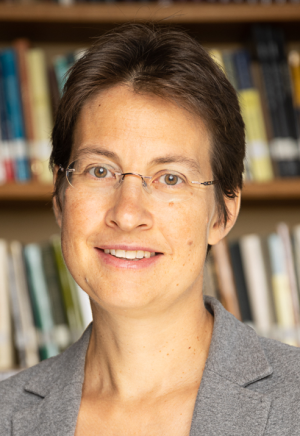TWAS Directory of
Fellows and
Young Affiliates
The strength of TWAS resides in the scientific influence and impact of its global network.

Fellows and YAs in action
China
08. Mathematical Sciences
Fellow
Elected 1999
Elected 1999
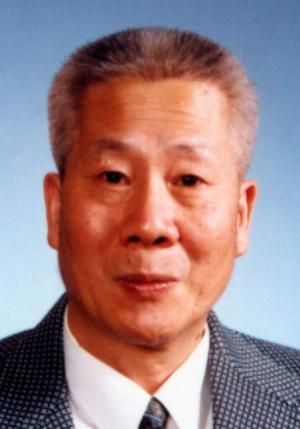
twas_fellow_0.pdf
53.81 KB
Lin, Qun
Last updated on 02/05/2025
China
08. Mathematical Sciences
Fellow
Elected 2008
Elected 2008
good_health
quality_edu
work_economic
innovation
sustainable_cities
responsible_consumption
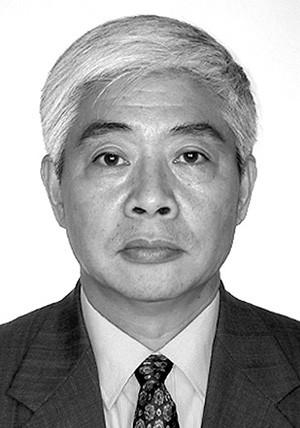
Public contact information
EMAIL
longym@nankai.edu.cn
ADDRESS
Chern Institute of Mathematics, Nankai University, Tianjin 300071, China
List of publications
Long, Yiming
Last updated on 02/05/2025
Brazil
08. Mathematical Sciences
Fellow
Elected 2013
Elected 2013
quality_edu
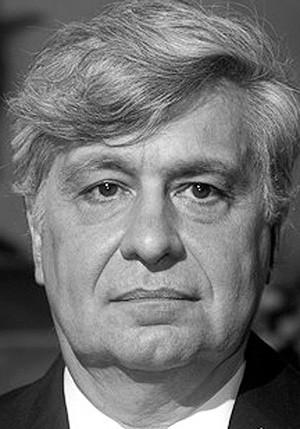
Lopes, Artur Oscar
Last updated on 02/05/2025
Chile
08. Mathematical Sciences
Fellow
Elected 2005
Elected 2005
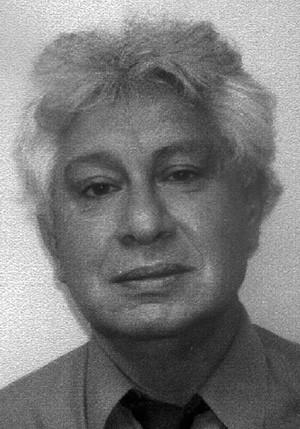
Martinez Aguilera, Servet
Last updated on 02/05/2025
Argentina
08. Mathematical Sciences
Fellow
Elected 2011
Elected 2011
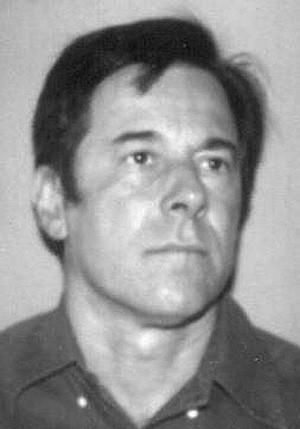
Miatello, Roberto Jorge
Last updated on 02/05/2025
Brazil
08. Mathematical Sciences
Fellow
Elected 2012
Elected 2012
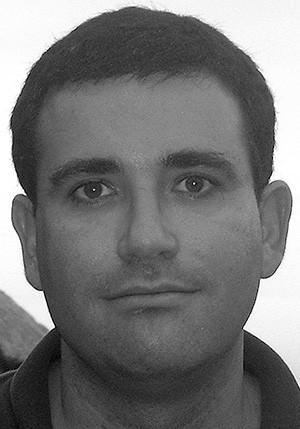
Moreira, Carlos Gustavo (Tamm de Araujo)
Last updated on 02/05/2025
United Arab Emirates (the)
08. Mathematical Sciences
Fellow
Elected 2022
Elected 2022
quality_edu
strong_institutions
partnerships
Mukhamedov, Farrukh
Last updated on 03/02/2026
United States of America (the)
08. Mathematical Sciences
Fellow
Elected 2014
Elected 2014
quality_edu
gender_equality
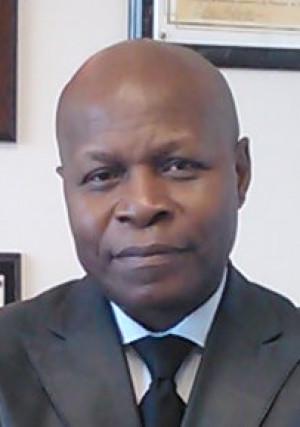
cv_gaston-11-2021.pdf
311.06 KB
N'Guerekata, Gaston Mandata
Last updated on 02/05/2025
Pakistan
08. Mathematical Sciences
Fellow
Elected 2024
Elected 2024
no_poverty
zero_hunger
good_health
quality_edu
clean_water
clean_energy
innovation
sustainable_cities
climate_action
below_water
life_land
strong_institutions
partnerships
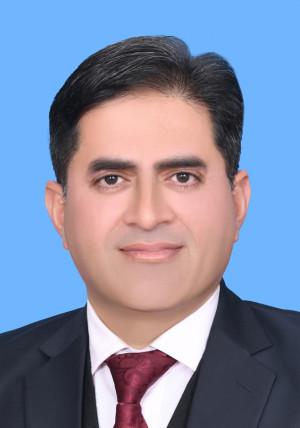
sohail-cv-3-1-2023.docx
144.06 KB
Public contact information
EMAIL
sohail@qau.edu.pk
PHONE
(+92 300) 511-7317
ADDRESS
Department of Mathematics, Quaid-i-Azam University Islamabad
List of publications
Nadeem, Sohail
Last updated on 16/09/2025
Viet Nam
08. Mathematical Sciences
Fellow
Elected 2000
Elected 2000
quality_edu
reduced_inequality
strong_institutions

short-vitae_0.pdf
120.46 KB
Public contact information
EMAIL
nvtrung@math.ac.vn
ADDRESS
Vien Toan hoc – Vietnam Academy of Science and Technology (VAST) – 18 Hoang Quoc Viet – 10317 Hanoi – Vietnam
List of publications
publicat-reverse.pdf
93.84 KB
Ngo, Viet Trung
Last updated on 02/05/2025
Brazil
08. Mathematical Sciences
Fellow
Elected 2023
Elected 2023
quality_edu
gender_equality
climate_action
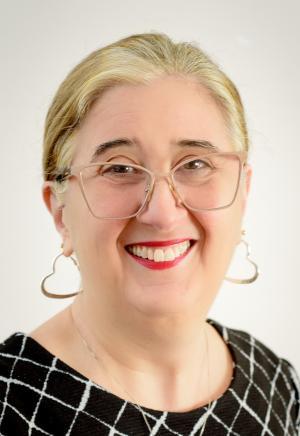
hvita - short.pdf
172.23 KB
Public contact information
EMAIL
hlopes@im.ufrj.br
ADDRESS
Universidade Federal do Rio de Janeiro – Inst Matematica – Av. Athos da Silveira Ramos, 149 – Ilha do Fundao, Rio de Janeiro, RJ 21941-909 – Brazil
List of publications
hvita - List of Publications.pdf
177.93 KB
Nussenzveig Lopes, Helena Judith
Last updated on 13/08/2025
Uzbekistan
08. Mathematical Sciences
Fellow
Elected 2022
Elected 2022
quality_edu
partnerships
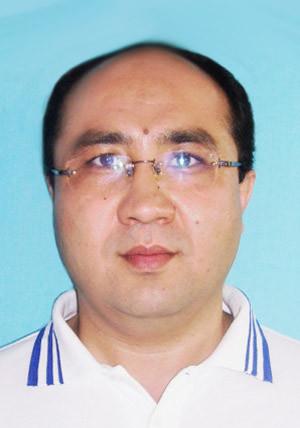
omirov_bakhrom_cv.pdf
1.65 MB
Public contact information
EMAIL
omirovb@mail.ru
List of publications
omirov_bakhrom_lp.pdf
176.76 KB
Omirov, Bakhrom
Last updated on 02/05/2025
France
08. Mathematical Sciences
Fellow
Elected 2022
Elected 2022
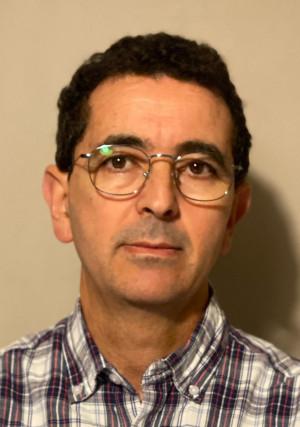
elmaati_ouhabaz_cv.pdf
36.76 KB
Public contact information
List of publications
elmaati_ouhabaz_lp.pdf
98.48 KB
Ouhabaz, El Maati
Last updated on 02/05/2025
Morocco
08. Mathematical Sciences
Fellow
Elected 2024
Elected 2024
quality_edu
work_economic
innovation
Ouknine, Youssef
Last updated on 02/05/2025
United States of America (the)
08. Mathematical Sciences
Fellow
Elected 1990
Elected 1990
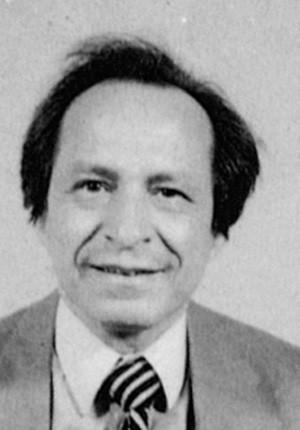
Owen, Guillermo
Last updated on 02/05/2025
India
08. Mathematical Sciences
Fellow
Elected 2019
Elected 2019
quality_edu
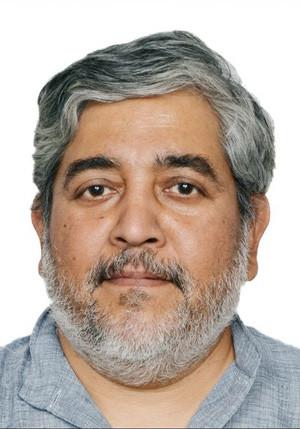
paranjape_kapil_cv.pdf
149.53 KB
Public contact information
List of publications
paranjape_kapil_lp.pdf
183.33 KB
Paranjape, Kapil Hari
Last updated on 02/05/2025
Viet Nam
08. Mathematical Sciences
Fellow
Elected 2013
Elected 2013
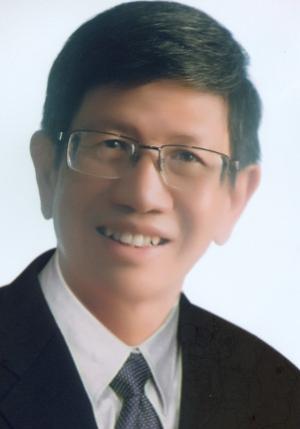
cv-_khanh_10-15_0.pdf
18 KB
Phan, Quoc Khanh
Last updated on 02/05/2025
Viet Nam
08. Mathematical Sciences
Fellow
Elected 2013
Elected 2013
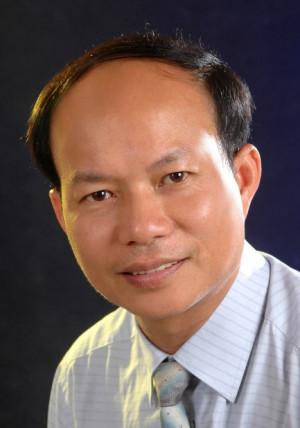
phuhx-cv-20151006_0.pdf
155.54 KB
Phu, Hoang Xuan
Last updated on 02/05/2025
India
08. Mathematical Sciences
Fellow
Elected 2023
Elected 2023
no_poverty
quality_edu
gender_equality
work_economic
innovation
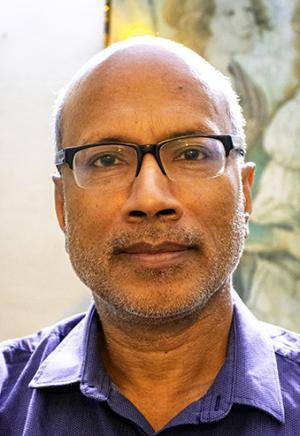
cv-dp-2abridged.pdf
33.53 KB
Public contact information
ADDRESS
Department Of Mathematics,, Iit Bombay, Powai
Prasad, Dipendra
Last updated on 02/05/2025
India
08. Mathematical Sciences
Fellow
Elected 1994
Elected 1994
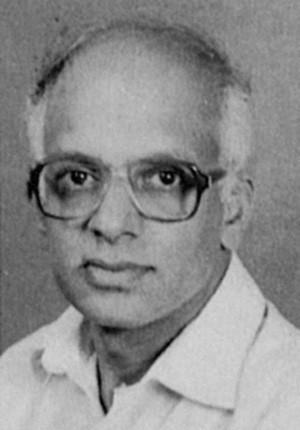
Raghunathan, Madabusi Santanam
Last updated on 02/05/2025
South Africa
08. Mathematical Sciences
Fellow
Elected 2003
Elected 2003
quality_edu
innovation
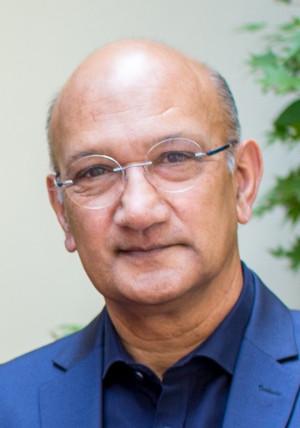
PHOTO CREDIT
International Science Council
bdreddy_cv_may_2022.pdf
127.5 KB
Public contact information
EMAIL
daya.reddy@uct.ac.za
List of publications
bd_reddy_publist_jun_2022_web.pdf
343.34 KB
Reddy, Batmanathan Dayanand
Last updated on 02/05/2025
Uzbekistan
08. Mathematical Sciences
Fellow
Elected 2018
Elected 2018
work_economic
Rozikov, Utkir
Last updated on 02/05/2025
Iran (Islamic Republic of)
08. Mathematical Sciences
Fellow
Elected 2023
Elected 2023
quality_edu
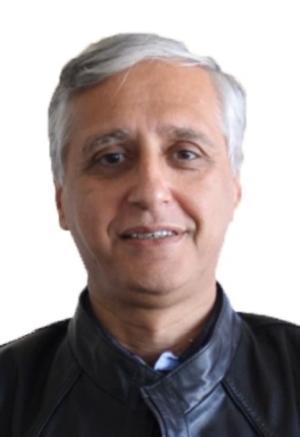
moslehian_CV_1.pdf
618.71 KB
Public contact information
EMAIL
moslehian@um.ac.ir
ADDRESS
Department of Pure Mathematics, Faculty of Mathematical Sciences, Ferdowsi University of Mashhad, P. O. Box 1159, Mashhad 9177948953, Iran
Sal Moslehian, Mohammad
Last updated on 07/08/2025
Mexico
08. Mathematical Sciences
Fellow
Elected 2003
Elected 2003
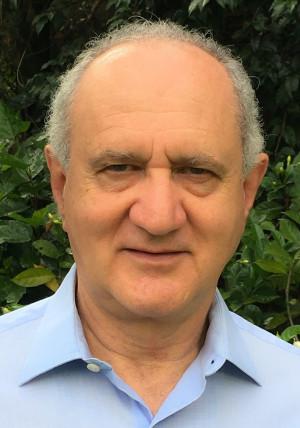
cv-seade-ss.pdf
180.9 KB
Seade Kuri, José Antonio
Last updated on 02/05/2025
Burundi
08. Mathematical Sciences
Fellow
Elected 2021
Elected 2021
quality_edu
gender_equality
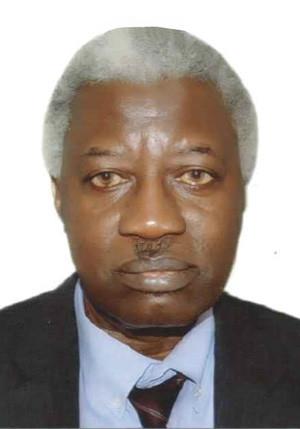
twas_cv_juma_shabani_april_21.pdf
965.02 KB
Public contact information
List of publications
j_shabani_list_of_publications.pdf
780.9 KB
Shabani, Juma
Last updated on 02/05/2025
Brazil
08. Mathematical Sciences
Fellow
Elected 1993
Elected 1993
quality_edu
clean_energy
strong_institutions
Simis, Aron
Last updated on 02/05/2025
United States of America (the)
08. Mathematical Sciences
Fellow
Elected 2014
Elected 2014
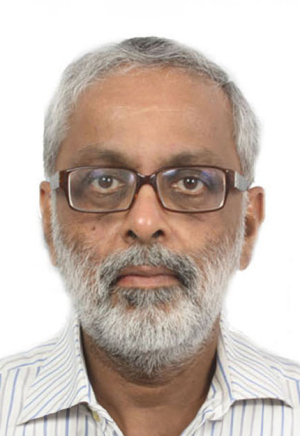
cv-2025-vasudevan-srinivas.pdf
181.05 KB
Public contact information
List of publications
publist-vs-25.pdf
181.25 KB
Srinivas, Vasudevan
Last updated on 03/12/2025
China
08. Mathematical Sciences
Fellow
Elected 2024
Elected 2024
quality_edu
strong_institutions
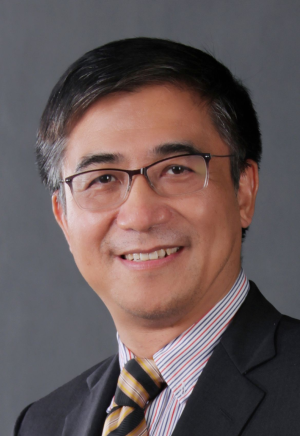
ecv-taotang2024short.pdf
42.18 KB
Public contact information
EMAIL
ttang@uic.edu.cn
List of publications
ecv-taotang2024publication.pdf
137.92 KB
Tang, Tao
Last updated on 02/05/2025
Mexico
08. Mathematical Sciences
Fellow
Elected 2001
Elected 2001
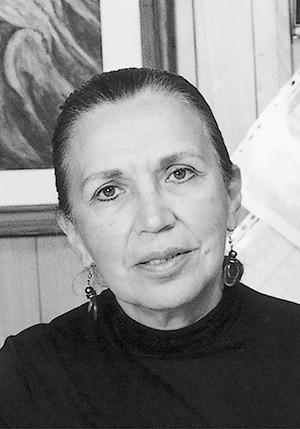
Torres-Peimbert, Silvia
Last updated on 02/05/2025
United States of America (the)
08. Mathematical Sciences
Fellow
Elected 2025
Elected 2025
quality_edu
innovation
partnerships
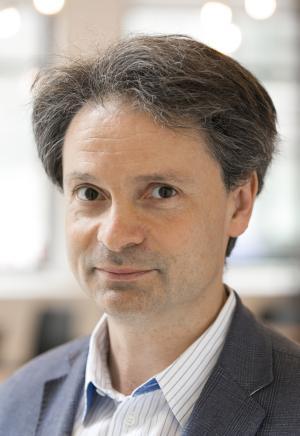
PHOTO CREDIT
Yuri Tschinkel
Public contact information
EMAIL
tschinkel@cims.nyu.edu
PHONE
(+1 212) 998-3145
ADDRESS
Courant Institute of Mathematical Sciences, NYU, 251 Mercer str., NY, 10012, USA
List of publications
List_of_publications.pdf
127.32 KB
Tschinkel, Yuri
Last updated on 12/08/2025
United States of America (the)
08. Mathematical Sciences
Fellow
Elected 1988
Elected 1988
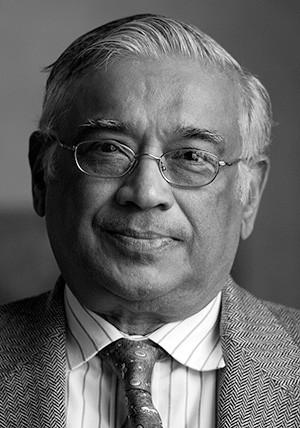
Varadhan, S.R. Srinivasa
Last updated on 02/05/2025
Mexico
08. Mathematical Sciences
Fellow
Elected 1988
Elected 1988
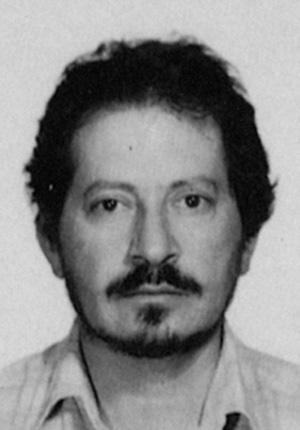
Verjovsky Solá, Alberto
Last updated on 02/05/2025
Brazil
08. Mathematical Sciences
Fellow
Elected 1999
Elected 1999
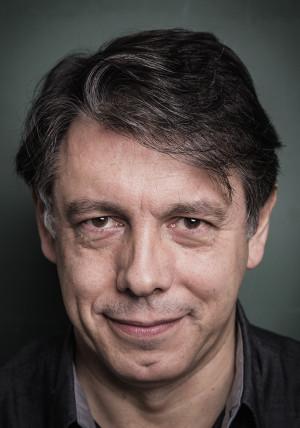
Viana da Silva, Marcelo Miranda
Last updated on 02/05/2025
China
08. Mathematical Sciences
Fellow
Elected 2022
Elected 2022
innovation

Public contact information
ADDRESS
Institute for Advanced Study, Tsinghua University
Wang, Xiaoyun
Last updated on 02/05/2025
Germany
08. Mathematical Sciences
Fellow
Elected 2025
Elected 2025
quality_edu
gender_equality
partnerships
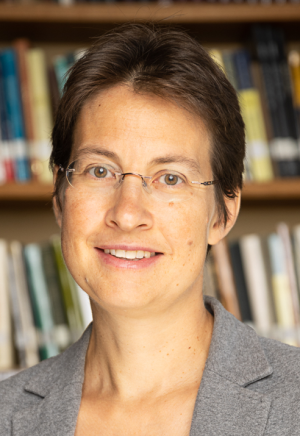
Public contact information
EMAIL
anna.wienhard@mis.mpg.de
PHONE
(+49 341) 995-9559
ADDRESS
Inselstraße 22, D-04103 Leipzig, Germany
Wienhard, Anna
Last updated on 15/09/2025
Former Young Affiliates elected to the TWAS fellowship
Egypt
01. Agriculture, Nutrition & Food Systems Sciences
Young Affiliate Alumnus elected to TWAS
India
09. Physics, Astronomy & Space Sciences
Young Affiliate Alumnus elected to TWAS
Brazil
08. Mathematical Sciences
Young Affiliate Alumnus elected to TWAS
Argentina
03. Medical & Health Sciences
Young Affiliate Alumnus elected to TWAS
Malaysia
09. Physics, Astronomy & Space Sciences
Young Affiliate Alumnus elected to TWAS
Young Affiliates Alumni
When Young Affiliates complete their five-year term, they become Alumni. Young Affiliate Alumni are encouraged to remain engaged with TWAS initiatives and to take advantage of TWAS programmes and prizes.

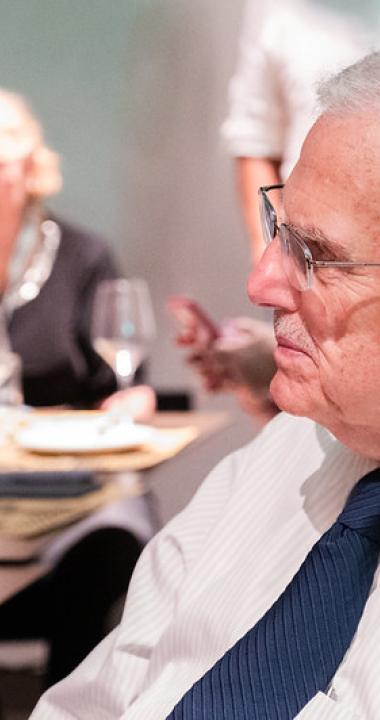
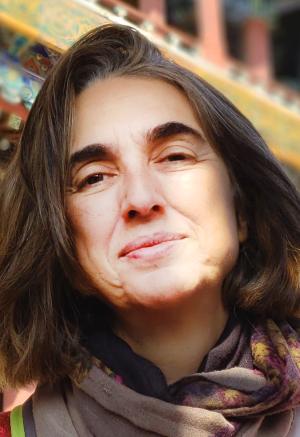
![TWAS Fellow Itziar Aretxaga. [Photo provided]](/sites/default/files/styles/directory_action/public/media/aretxaga-standing-web.jpg?itok=935lRAJw)
